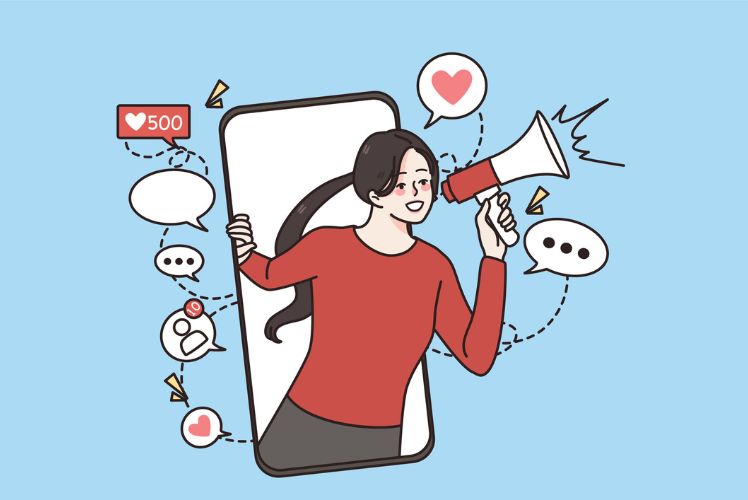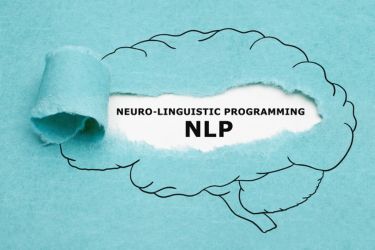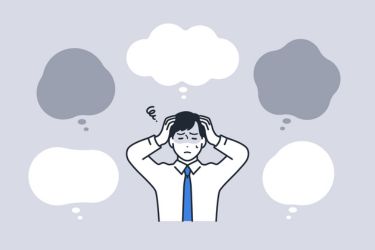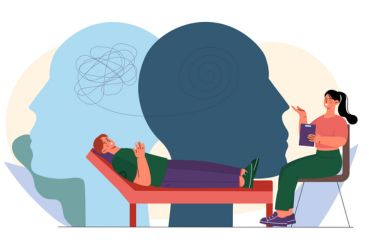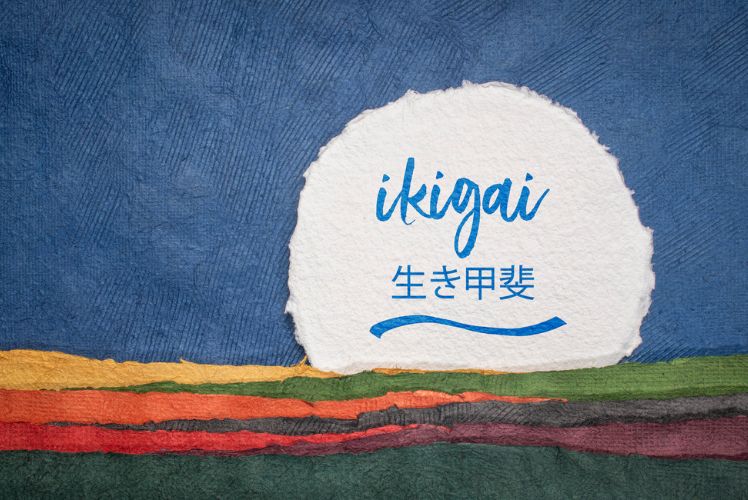Social media has transformed the way we connect and share. We often find ourselves seeking likes and comments, which can shape our self-esteem and feelings of self-worth. This craving for validation is deeply rooted in our psychology, where each notification can trigger a sense of pleasure, often linked to the release of dopamine. Understanding why we pursue this kind of approval can help us navigate the complex landscape of online interactions.

The desire for social validation is not new; it mirrors our need for connection and acceptance throughout history. Yet, as social media grows, this need has amplified, becoming a fundamental part of our daily lives. It influences our relationships, and our mental well-being, and can even lead to comparison and anxiety when we perceive ourselves as falling short against others.
As we explore this topic, we will uncover the psychological factors that drive our behaviours online, the impact it has on our connections, and strategies for healthier engagement with social media. By examining these aspects, we aim to provide insights that can help us foster a more positive online experience.
Key Takeaways
- Our pursuit of likes reflects deeper psychological needs for validation and connection.
- Social media can both strengthen and challenge our relationships and mental health.
- Understanding this dynamic helps us develop healthier habits for using social platforms.
The Psychology Behind Social Media

Social media taps into various psychological aspects like dopamine release, self-esteem, and our need for connection. Understanding these elements helps us see why we crave likes and validation online.
Understanding Dopamine and Reward Mechanisms
Dopamine plays a significant role in how we use social media. When we receive likes or positive comments, our brains release this “feel-good” chemical. This creates a sense of pleasure, reinforcing our behaviour.
Each time we post something and get a positive reaction, we seek similar experiences again. This cycle encourages us to share more content, hoping for that rewarding feedback. It’s a powerful motivator that shapes our online interactions.
The Role of Self-Esteem and Validation
Many of us use social media to boost our self-esteem. When we post pictures or updates, we often seek validation from friends and followers. Positive feedback can enhance our sense of self-worth.
Conversely, lack of engagement can lead to feelings of inadequacy. We may compare ourselves to others and feel less important if our posts go unnoticed. This relationship between self-esteem and social media can have significant effects on our mental health.
The Impact of Connection and Engagement
Connection is a fundamental human need, and social media allows us to engage with others easily. Platforms like Instagram and Facebook bring us closer, even if we are physically distant.
As we interact, we build a sense of community. This engagement helps us feel supported and understood. However, relying too heavily on online interactions can disrupt our real-life connections, leading to potential feelings of isolation if those interactions are not fulfilling.
The Pursuit of Likes and Social Validation

In today’s digital world, we often find ourselves seeking likes and social validation, which can greatly affect our emotions and self-image. This pursuit reveals much about our internal desires and the psychological impact of online interactions.
Beyond the Numbers: What Likes Mean to Us
Likes serve as more than just a digital thumbs-up; they represent acceptance and approval in our social circles. Each like can boost our mood, reinforcing the idea that our contributions matter. We can measure our self-worth through the number of likes received, leading us to associate these figures with our social value.
For many, receiving likes becomes a way to validate our online persona. It can spark comparison with others, making us crave even more engagement to feel accepted. This process shows how crucial likes are in shaping our identity online.
Psychological Effects of Online Validation
The desire for validation through likes can create significant psychological effects. While these interactions can boost self-esteem temporarily, they can also lead to feelings of inadequacy when the likes are fewer than expected. This can influence our mental health.
Furthermore, we may feel anxious or stressed when we post, worrying about whether we will receive enough approval. The constant need for online affirmation can foster a sense of dependency on external validation, making it challenging to find intrinsic self-worth.
The Paradox of External Approval
Seeking external approval can lead to a paradoxical situation. As we chase likes and validation, we may initially experience happiness. However, this reliance on external sources can ultimately erode our internal confidence.
When we do not receive enough likes, we may question our value or creativity. This cycle can leave us feeling unfulfilled. While likes can provide a momentary boost, true self-worth must come from within, making it essential for us to navigate these social media landscapes wisely.
Comparison, Anxiety, and Mental Well-being
As we navigate the landscape of social media, we find ourselves constantly engaging in social comparison. This can lead to heightened anxiety and affect our mental well-being. Understanding how these dynamics interact is crucial for maintaining our emotional health.
The Cycle of Social Comparison
Social comparison is a natural behaviour, where we assess ourselves against others. This process can boost our self-esteem or lead to feelings of inadequacy. When we compare ourselves to those who seem more successful or happier, our self-esteem may decrease.
This can create a cycle: we feel anxious and inadequate, leading to more comparisons, which further decreases our confidence. For instance, seeing friends’ holiday photos might trigger envy, making us question our life choices. This cycle can be harmful, contributing to mental health issues such as anxiety and depression.
Anxiety and Social Media's Shadow
Social media often amplifies our anxieties. The pressure to present a perfect life online can intensify feelings of inadequacy. Many of us experience a fear of missing out (FOMO) when we see friends’ posts. This can lead to anxiety as we might feel that we are not living up to expectations.
Moreover, the instant nature of social media can make us vulnerable to negative comments. A single negative remark can affect our mood and self-worth significantly. Over time, these experiences can lead to chronic anxiety, which negatively influences our mental well-being. Research shows that excessive social media use may correlate with higher levels of anxiety and depression.
The Search for Authenticity and Self-compassion
In our quest for authenticity, we may struggle to define ourselves outside of social media validation. We often seek likes and positive feedback, which can make us lose sight of our true selves. This pressure can hinder our ability to practice self-compassion.
Practicing self-compassion involves treating ourselves with kindness during failures or disappointments. It can help us to step away from harmful comparisons and appreciate our own journey. Embracing flaws and recognising our worth beyond social media metrics can foster a healthier mindset. The journey toward authenticity requires us to be more aware of our thoughts and feelings, allowing us to cultivate better mental well-being.
The Impact of Social Media on Relationships
Social media significantly shapes our relationships, influencing both the connections we form and how we interact with one another. It can serve as a tool for fostering deep bonds while also presenting challenges that affect real-life interactions and trust.
Fostering Meaningful Relationships
We can nurture meaningful relationships through social media by maintaining regular contact and sharing experiences. Platforms like Facebook and Instagram allow us to celebrate milestones together, regardless of distance. These interactions can forge strong emotional ties, as we engage in discussions and show support during challenging times.
However, the quality of these relationships can vary. Genuine human connection often relies on more than just likes or comments. We should strive to engage in deeper conversations to truly understand one another and build a solid foundation for our friendships.
The Effect on Real-life Interactions
Social media can also impact our real-life interactions, sometimes in unexpected ways. While it offers countless opportunities to connect, it may lead to feelings of loneliness when online interactions replace face-to-face communication.
We might find ourselves scrolling through feeds, missing valuable moments with those physically around us. This can diminish our ability to connect genuinely in real life, creating a gap between our online personas and our true selves.
To counter this, we should prioritise in-person gatherings. Spending quality time together fosters stronger bonds and improves our overall wellbeing.
Building Trust and Establishing Boundaries
Trust is vital in any relationship, and social media can complicate this aspect. When we share personal updates online, we risk oversharing and affecting how others perceive us. We must navigate these online spaces carefully to maintain privacy and establish boundaries.
By setting clear guidelines on what we share, we can create a safe environment for our relationships to flourish. Encouraging open communication about boundaries helps us build trust and prevents misunderstandings.
In this way, we enhance our connections while protecting our emotional health.
Cultural Influence and the Creation of Trends
Cultural influence plays a significant role in shaping trends within social media. We can observe how certain behaviours and ideas gain traction, often leading to widespread popularity. Two key factors in this process are viral trends and the substantial impact of influencers, alongside the concept of echo chambers.
Viral Trends and Their Psychological Grip
Viral trends often captivate our attention and create a sense of urgency. People tend to engage with content that they perceive as popular or gaining traction within their circles. This engagement is driven by social proof, a psychological phenomenon where individuals conform to what they believe others are doing.
When a trend goes viral, it taps into our desire for belonging and acceptance. For instance, challenges, memes, or viral videos can spread rapidly, generating widespread participation. This collective behaviour fosters a sense of community, where we feel part of something larger. Our motivations to join in are partly influenced by the visibility of likes and shares, reinforcing our need for validation.
The Role of Influencers and Echo Chambers
Influencers play a crucial role in setting and promoting trends. Their follower base often views them as authorities, giving them significant power to shape opinions and behaviour. When influencers share content, it not only garners immediate interest but also encourages followers to replicate these behaviours.
Furthermore, echo chambers amplify this effect. Within these spaces, individuals are primarily exposed to opinions that reflect their own, creating a bubble of reinforcement. This can lead to heightened loyalty to specific trends, as people feel validated in their choices by others in their echo chamber. In such environments, trends can gain momentum quickly, as new ideas resonate with preconceived beliefs.
Strategies for Healthy Social Media Use
Finding the right balance in our social media use is essential for our mental health and personal growth. We can approach our online interactions with mindfulness and purpose to foster genuine connections and promote self-expression.
Mindful Posting and Digital Interactions
When we engage with social media, it’s vital to practise mindful posting. This means thinking carefully about what we share and why. Before posting, we can ask ourselves if the content adds value or reflects our true selves.
We should also consider our digital interactions. Responding thoughtfully to comments and messages helps build genuine connections. By focusing on quality rather than quantity, we can cultivate richer relationships online.
Setting boundaries for our time on social media can help us stay present in our real lives. Taking breaks or scheduling specific times for checking our accounts allows us to disconnect and recharge.
Personal Growth and Self-expression
Social media can be a powerful tool for personal growth and self-expression. We can use platforms to share our interests, talents, and experiences, encouraging others to do the same. Sharing our stories not only helps us find a voice but also inspires others to embrace their authenticity.
It’s important to engage with content that resonates with our values too. Following accounts that promote positivity and self-improvement encourages us to reflect on our journeys. This helps us rely more on internal validation rather than seeking approval through likes and comments.
By sharing our learning experiences and expressing ourselves honestly, we foster a supportive environment. This can create a sense of community, allowing us to connect with others on similar paths.
The Balance Between Social Media and Mental Health
Maintaining a healthy relationship with social media is crucial for our mental health. We can start by tracking our usage and identifying patterns. If we notice negative feelings arising after scrolling, it may be time to reassess our habits.
Implementing a social media detox, even for a short time, can help us regain perspective. During this time, we can focus on self-care activities that promote well-being. Additionally, by prioritising genuine human connections in our offline lives, we reduce dependency on virtual validation.
Reminding ourselves that our worth is not determined by likes or followers can shift our mindset. This encourages us to engage more authentically and reduces anxiety associated with social media. By adopting these strategies, we can enjoy a healthier online experience.
Conclusion: Navigating the Social Media Landscape
Navigating the landscape of social media requires an awareness of our relationship with these platforms. We must recognise how they affect our self-perception and confidence.
When we engage online, we might feel both validated and vulnerable. Our attachment to likes and shares can impact our self-esteem, often leading to social comparison processes that are hard to avoid.
We regularly compare ourselves to others, which can influence our decision-making. This comparison may amplify feelings of inadequacy, especially if we perceive others as more successful or happier.
Our expertise in handling social media can help establish healthy boundaries. We should strive to use these platforms mindfully, understanding their potential effects on our mental health.
Building confidence involves reflecting on our worth beyond likes. By recognising the impact of social media on our mentality, we can foster a more balanced outlook.
To cultivate a healthy relationship with social media, we should:
- Limit time spent online
- Unfollow accounts that trigger negative feelings
- Engage in offline activities that boost our confidence
By implementing these strategies, we can navigate the complexities of social media more effectively, ensuring it serves as a tool for positive engagement rather than a source of pressure.

